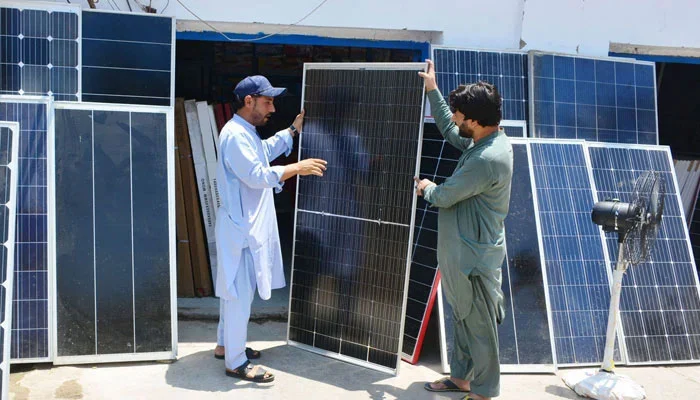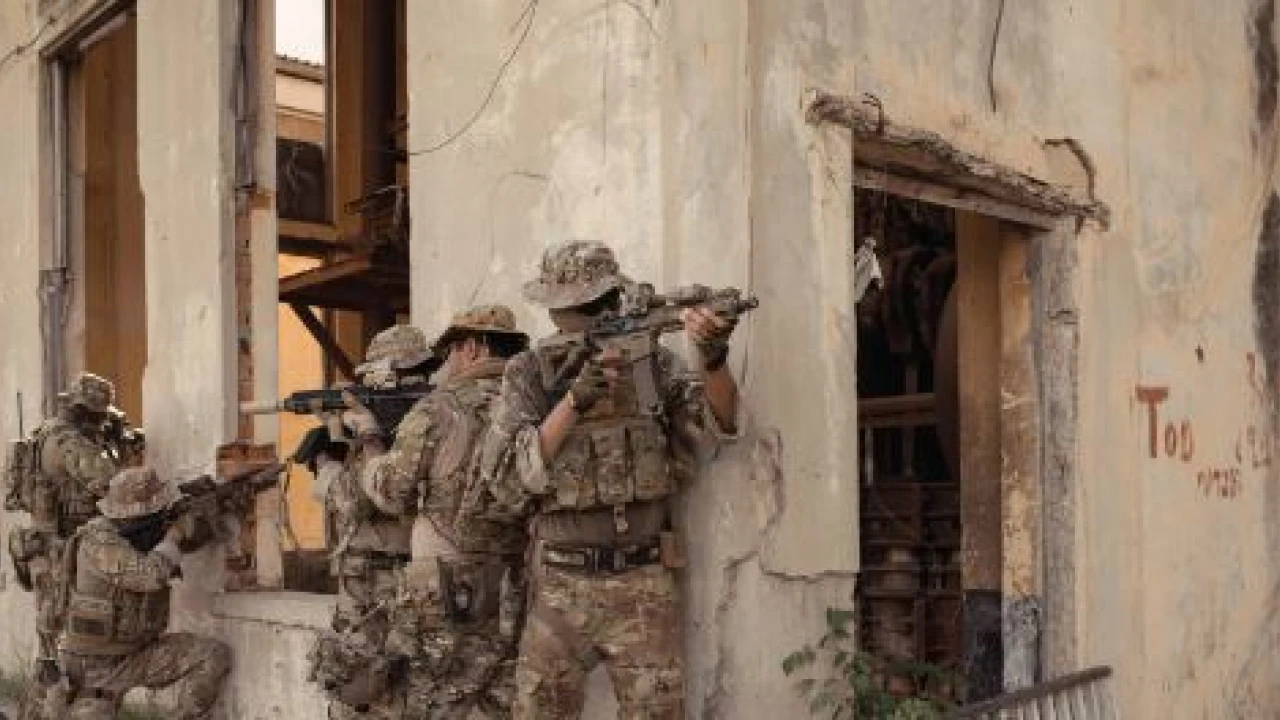Iran’s Intelligence Minister, Esmail Khatib, announced on Sunday that Tehran has acquired a large collection of sensitive Israeli documents, describing it as a “treasure trove.”
According to Khatib, the documents reportedly contain detailed information on Israel’s nuclear facilities, international relationships, and defense systems. While he did not provide evidence or disclose how the documents were obtained, he claimed their volume was enormous, stating, “Talking of thousands of documents would be an understatement.” He added that the documents had been securely transferred to Iran after a complex and highly secure process.
Iran’s state broadcaster IRIB confirmed that the documents are now in secure locations inside the country. The Israeli government has not issued any response to these claims.
Israel, which is widely believed to possess the only nuclear arsenal in the Middle East, has never publicly acknowledged or provided details about its nuclear weapons capabilities. The Iranian announcement follows reports of Israeli nationals being arrested for alleged espionage on behalf of Tehran, although no direct link to the document leak or a previous cyberattack on an Israeli nuclear research center has been confirmed.
READ MORE:
SpaceX Dragon Returns with Futuristic Innovations from the ISS
This latest development adds to the ongoing shadow war between Iran and Israel—marked by cyberattacks, assassinations, and covert operations. Iran accuses Israel of targeting its nuclear scientists, while Israel accuses Iran of supporting hostile armed groups.
Tensions between the two nations escalated in April 2024 when Iran launched retaliatory strikes following an Israeli attack on its embassy in Damascus. The conflict did not escalate into full-scale war, due in part to U.S. diplomatic intervention.
The disclosure also comes amid renewed concerns over Iran’s own nuclear program. The International Atomic Energy Agency (IAEA) recently reported Iran’s secret nuclear activities, prompting potential censure by its Board of Governors. Iran maintains that its nuclear program is for peaceful, civilian purposes, despite ongoing skepticism from Western nations. Negotiations between Iran and the U.S. remain deadlocked, with Iran’s Supreme Leader Ayatollah Ali Khamenei rejecting U.S. demands to curb uranium enrichment. On Sunday, Iran’s parliament speaker indicated that the latest U.S. proposal excludes lifting sanctions, suggesting no breakthrough is imminent.




